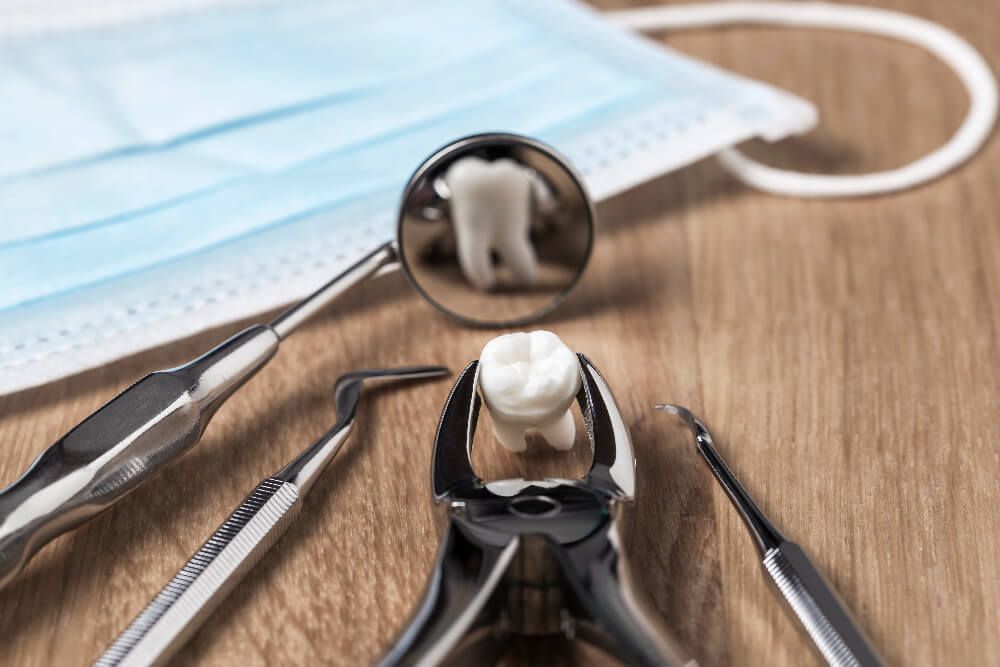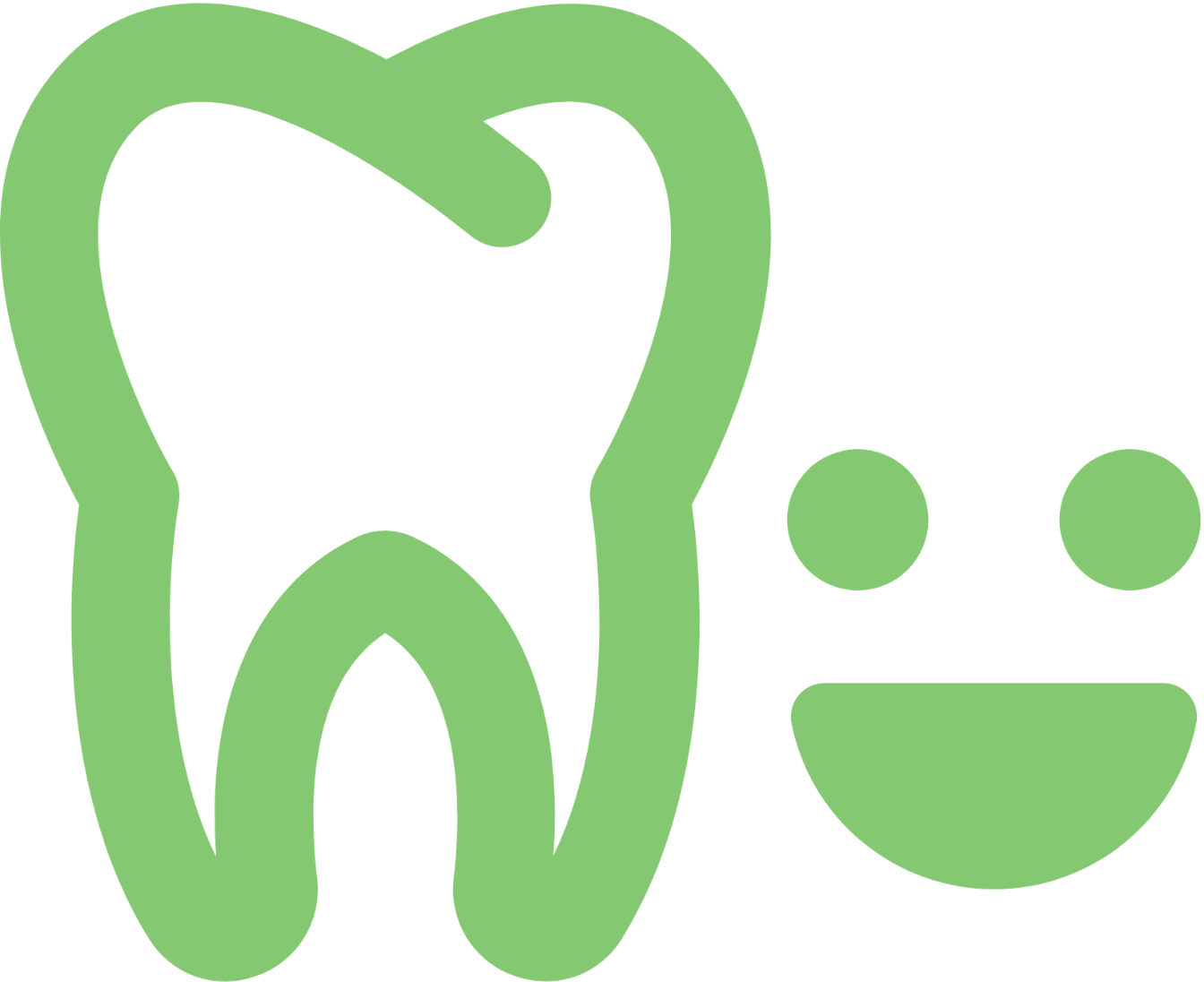Tooth Extractions in Naperville, IL
When Are Tooth Extractions Necessary?
Tooth extractions are necessary when a tooth is damaged or decayed beyond repair and cannot be saved through restorative treatments like a root canal or dental crowns. We will always do everything we can to save your teeth before resorting to extractions. However, sometimes a tooth cannot be saved and it’s better to extract and replace it.
Extractions are also necessary if you have impacted wisdom teeth, overcrowding, or to make room for orthodontic treatment.
Contact us at Washington Dental Studio in Naperville today to schedule an appointment.


Did You Know…
It is important to protect the blood clot at the extraction site to prevent dry socket.
Ready To Make An Appointment?
The Tooth Extraction Process At Our Naperville
Office
Consultation
During your consultation with Dr. Shah, an oral exam will be performed and x-rays will be taken to look at the extent of damage and determine if extraction is the right course of action.
Treatment Plan
Once we’ve examined your teeth, our Naperville dentist can decide if you need a basic or surgical extraction and will schedule your appointments accordingly.
Extraction
If your tooth is impacted, we will need to make an incision to gain access to the tooth. Otherwise, a dental elevator is used to loosen the tooth, and forceps are used to remove it.
Recovery
Dr. Shah will explain how to care for your tooth after your extraction and what to expect from the healing process. If you have non-dissolvable sutures, you will return to have them removed. Otherwise, the stitches will dissolve on their own.
Types Of Tooth Extractions
Have Questions About Extractions?
Find Answers Here.

Did You Know…
It can take about 3 weeks to completely heal from a tooth extraction.
